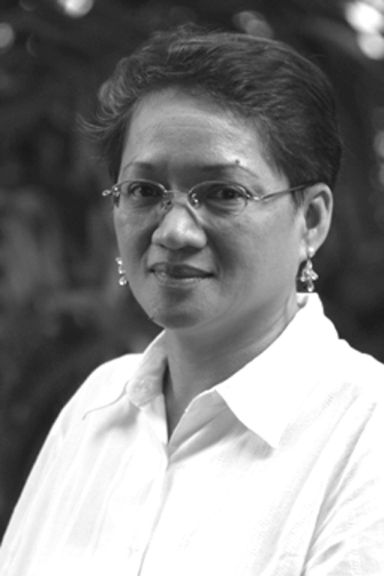Dengvaxia versus preventive organic measures

APALISOK
Before the pharmaceutical company Sanofi Pasteur developed Dengvaxia in 1997, conversations about the outbreak of dengue fever in the Philippines revolved only around organic approaches to combat the virus.
Dengue is a viral infection transmitted by the bite of an infected female Aedes mosquito, according to the World Health Organization.
Because it is a viral disease, there is no specific treatment or antibiotic.
Doctors treat the symptoms; but medical professionals are very careful because dengue fever symptoms, I heard, are similar to symptoms of typhoid fever, flu, etc. Rest and sufficient hydration including hospital care are very important but so are preventive organic measures.
Cleaning up the surroundings, proper waste disposal, discarding things that hold stagnant water like pots, vases and old tires are regular household practices, but these became critical with the spread of the dengue virus in late 1996.
There are also plenty of anecdotes about herbal medicines as alternative cure, but doctors have warned the public about resorting to self-medication because dengue fever is fatal if not treated immediately.
At that time, some 1,400 cases of hemorrhagic fever caught the attention of global epidemiologists and prompted local health authorities to monitor the situation.
LGUs then also conducted fogging operations by spraying chemicals on areas believed to hold larva or eggs of Aedes mosquito, but this practice didn’t gain much acceptance because they’re not environmentally friendly.
In any case, you can say that before Dengvaxia, brooms, dustpans, garbage bags and occasional neighborhood visits by providers of fogging operations were standard preventive measures to combat dengue fever. Matched with a massive information drive, I think the community-based initiative was quite effective.
It didn’t require a hefty budget, and most of all, it aroused people to the fact that their health is as good as the sanitary environment practices they observe. But rapid urbanization, overpopulation in urban centers, breakdown of health services and lack of care for the environment on the macro and micro level caused the dengue virus to become an epidemic.
The question is, why spend a whopping P3.5 billion on a health issue that can be mitigated if not resolved by cooperation through community-based initiatives?
“Kay walay komisyon sa silhig (No commission in the purchase of brooms),” is the best answer, offered by a popular radio commentator.
According to the online Medical Marketing & Media, the price of Dengvaxia is US$23 per dose or roughly PhP1,150 at the current dollar exchange rate. How true are reports that DOH procured the vaccine at P5,000.00 per dose?
* * *
The launch by the Department of Health of the public school-based dengue immunization program in February 2016 effectively canceled out any substantive public debate and attendant media coverage on Dengvaxia because the presidential elections was practically around the corner.
Former Health Secretary Janette Garin’s defense of the immunization program merely echoed the marketing line of the product manufacturer Sanofi Pasteur and the supposed endorsement of the World Health Organization: But what is the real score?
While Sanofi Pasteur has gained registration approval in the Philippines and in 15 other countries in Latin America and Asia, it is not registered in the United States and Europe. The online Medical Marketing & Media reported that this has led to confusion among regulators in developing countries, “who often look to the FDA and the European Medicines Agency for guidance.”
The implication is that compared to regulators of other countries, the USFDA and the European Medicines Agency adopt a more rigid and thorough standard in assessing and evaluating new drugs.
To make matters worse, Sanofi has not secured approval through the World Health Organization’s Prequalification of Medicines Programme, although the shot has been endorsed by the WHO for dengue-endemic regions.
Former Health Secretary Garin uses the WHO endorsement issued in July 2016 to broadly justify the deadly immunization program, but on closer scrutiny, the global health agency’s position paper basically called on host-governments to exercise due diligence in coming up with a comprehensive dengue control strategy that integrates the dengue vaccine.
Disclaimer: The comments uploaded on this site do not necessarily represent or reflect the views of management and owner of Cebudailynews. We reserve the right to exclude comments that we deem to be inconsistent with our editorial standards.
